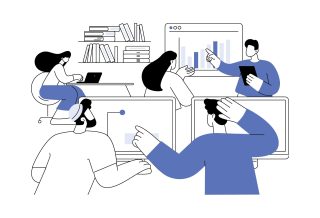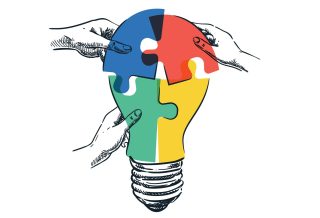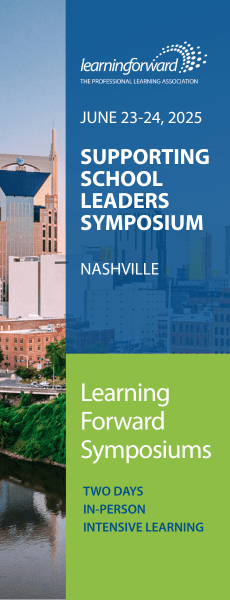FOCUS
Culture impacts learning — and not just for students
By Corinne Brion
Categories: Continuous improvement, Fundamentals, Implementation, International perspectives, Learning designsFebruary 2021
Read the remaining content with membership access. Join or log in below to continue.
Sed ut perspiciatis unde omnis iste natus error sit voluptatem accusantium doloremque laudantium, totam rem aperiam, eaque ipsa quae ab illo inventore veritatis et quasi architecto beatae vitae dicta sunt explicabo. Nemo enim ipsam voluptatem quia voluptas sit aspernatur aut odit aut fugit, sed quia consequuntur magni dolores eos qui ratione voluptatem sequi nesciunt. Neque porro quisquam est, qui dolorem ipsum quia dolor sit amet, consectetur, adipisci velit, sed quia non numquam eius modi tempora incidunt ut labore et dolore magnam aliquam quaerat voluptatem.
References
Brion, C. (2020). Low-fee private schools: Case studies from Ghana. International Journal of Education Policy and Leadership, 16(3).
Brion, C. (2018). Keeping the learning going: Using mobile technology to enhance learning transfer. Educational Research for Policy and Practice, 1-16.
Brion, C. & Cordeiro, P.A. (2020). Voices of Ghanaian head-teachers working in low-fee private schools. International Journal of Educational Reform, 29(2), 170-190.
Broad, M.L. & Newstrom, J.W. (1992). Transfer of training: Action-packed strategies to ensure high payoff from training investments. Da Capo Press.
Caffarella, R.S. & Daffron, S.R. (2013). Planning programs for adult learners: A practical guide. John Wiley & Sons.
Closson, R.B. (2013). Racial and cultural factors and learning transfer. New Directions for Adult and Continuing Education, 137, 61-69.
Hess, F.M. (2013). Cage-busting leadership. Harvard Education Press.
Lindsey, R.B., Nuri-Robins, K., Terrell, R.D., & Lindsey, D.B. (2018). Cultural proficiency: A manual for school leaders (4th ed.). Corwin.
Sarkar-Barney, S. (2004). The role of national culture in enhancing training effectiveness: A framework. In M. Kaplan (Ed.), Cultural ergonomics: Advances in human performance and cognitive engineering research (pp.183-213). Emerald Group Publishing Limited.
Silver, D. (2000). Songs and storytelling: Bringing health messages to life in Uganda. Education for Health, 14(1), 51-60.
Yang, B., Wang, Y., & Drewry, A.W. (2009). Does it matter where to conduct training? Accounting for cultural factors. Human Resource Management Review, 19(4), 324-333.

Corinne Brion (cbrion1@ udayton.edu) is assistant professor in the School of Education and Health Sciences at the University of Dayton in Ohio.
Categories: Continuous improvement, Fundamentals, Implementation, International perspectives, Learning designs
Recent Issues
LEARNING DESIGNS
February 2025
How we learn influences what we learn. This issue shares essential...
BUILDING BRIDGES
December 2024
Students benefit when educators bridge the continuum of professional...
CURRICULUM-BASED PROFESSIONAL LEARNING
October 2024
High-quality curriculum requires skilled educators to put it into...
LEARNING TO PIVOT
August 2024
Sometimes new information and situations call for major change. This issue...












